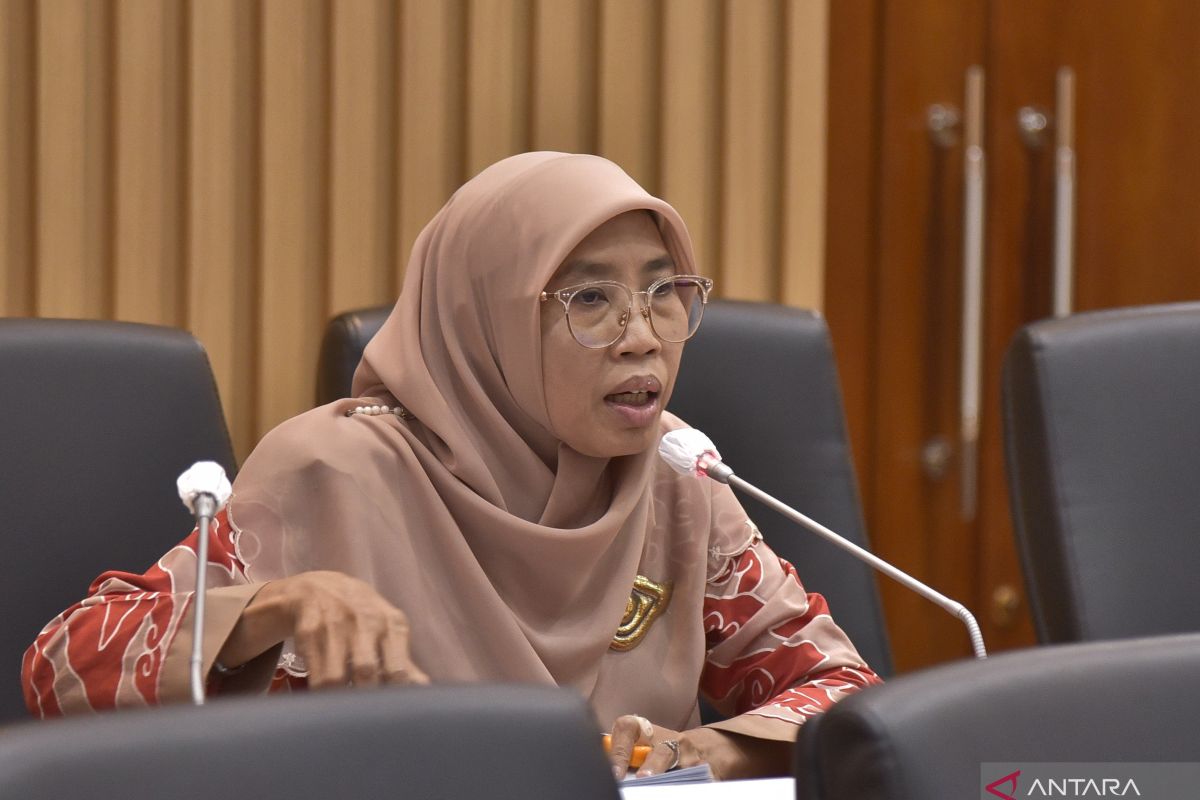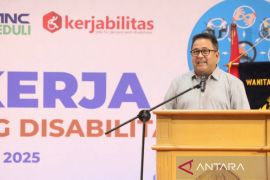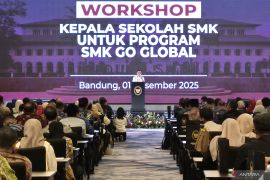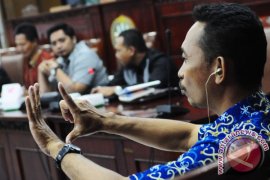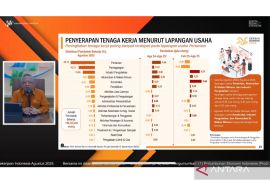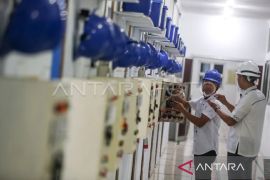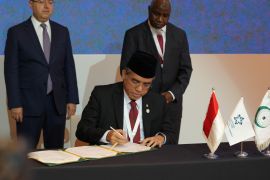"Strong coordination between educational institutions and the world of business, the world of industry is needed, (to identify) what human resources are needed," she said at the "Waves of Layoffs in Indonesia" podcast, which was followed from here on Friday.
She added that educational institutions can coordinate with companies regarding the criteria for human resources that they need. That way, she explained, students' skills can be honed to cater to the needs of industries.
According to Aher, the big benefit of this step is that the absorption of graduates from schools or universities would be maximal, and it would also help lower the unemployment rate in the country.
She further said that the Indonesian government must adjust the educational curriculum to the current needs of industries.
Many graduates of vocational high schools cannot get a job directly after graduation because the school curriculum does not match the current needs of industries, she pointed out.
Earlier, Manpower Minister Ida Fauziyah said that one of the causes of the high unemployment rate in the country, especially among Generation Z, is the mismatch between education and the demands of the job market.
She noted that vocational high school graduates are the biggest contributors to the unemployment rate, contributing around 8.9 percent.
To tackle this, the government has issued Presidential Regulation Number 68 of 2022 concerning the Revitalization of Vocational Education and Vocational Training, she said.
She added that the regulation stipulates that education and training must meet the needs of the business and industrial world. (INE)
Related news: Teachers' creativity key to Independent Curriculum success: ministry
Related news: Ministry pushing educational transformation through digital technology
Related news: Minister compels students to become entrepreneurs, reduce unemployment
Translator: Tri Meilani, Raka Adji
Editor: Atman Ahdiat
Copyright © ANTARA 2024
